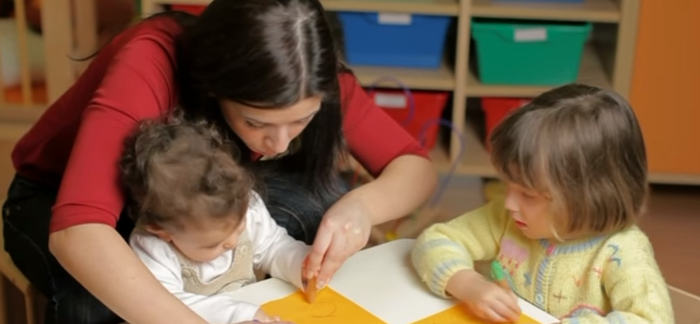Parents never want others to tell them how to raise their kids, and generally speaking, if the children are not being maltreated in a home, there should be no point of argument. There are lots of different parenting styles, and the right one for you depends on your personal preference and necessity. But of all the different parenting styles, the authoritarian style seems to have become the cause of much debate among parents and children alike.
List of Pros of Authoritarian Parenting
1. Well-Behaved
Many children who are brought up in authoritarian households become much more behaved than those who didn’t experience the repercussions of bad behaviour. This translates well in school, where children are expected to behave themselves appropriately to maximize learning.
2. Better Moral Compass
Because kids in authoritarian homes are made to see the differences between good and bad, and because they’re given penalties and punishments for bad actions, they develop a better sense of right and wrong.
3. Goals are Clearly Outlined
Parents who bring up their children with stricter rules are better at establishing clear goals and objectives so their children do not stray away from their intended path. School performance therefore is improved and more focused.
4. Desire to Do Things Right
When a child is brought up to think about their choices before they engage in any activity, they become more capable of choosing the right option. This isn’t only because it is what they’re taught, but because they desire correctness as a result of their upbringing.
List of Cons of Authoritarian Parenting
1. Dependence
When children are stripped of the ability to decide for themselves, which often happens in an authoritarian household, they become incapable of depending on themselves for decisions later on in life.
2. Shy and Reserved
In fear of being shushed or reprimanded, some kids who are brought up in authoritarian homes become shy and reserved even in school settings, which might not be very ideal for developing social character.
3. Animosity
When reprimands and strictness become too much for a child to handle, and if they don’t understand their parents reasons for being the way they are, children are likely to develop animosity towards their parents, feeling as though they’re mad for no reason.
4. Right Isn’t Always Right
One family’s standard of right that they press upon a child might not be what the majority thinks is right, which can skew a child’s perception of society. If a child is allowed to explore what everyone thinks before deciding what they want to believe, they’re more likely to be able to adapt the majority’s way of thinking.




